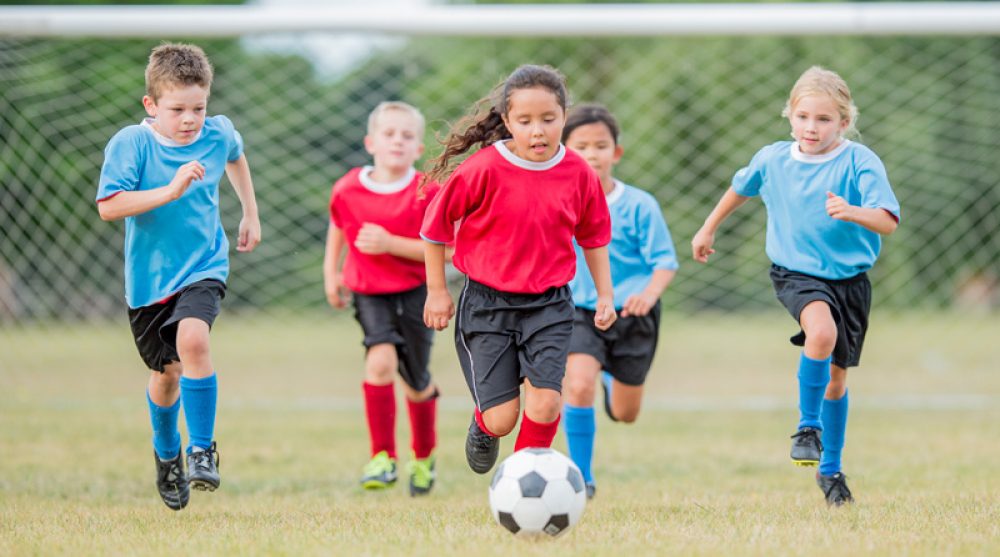The Lionesses’ historic victory in the European Women’s Championship this summer isn’t just a sporting triumph; it’s a symbol of what’s possible when girls are given the chance to lead, to shine and to win.
But celebration alone won’t change the game. To truly level the playing field, schools, communities and policy must act decisively to make sport inclusive for all girls, especially those from under-represented backgrounds.
Growing up as a British Bangladeshi girl, I was told football wasn’t for me, not out of cruelty but convention. There were no visible role models who looked like me, no pathways that felt open. This quiet exclusion shapes what young people believe is possible. I know, I eventually gave up football.
That’s why the Lionesses matter. When girls see women lifting trophies, leading teams and owning the spotlight, it sends a powerful message. It tells them: you belong here.
To cement that belief, we need systemic change. This will require practical action in several key areas.
A daily reality
First, schools must lead the way by embedding sport into the daily rhythm of education. Many already receive ring-fenced funding for PE, but the opportunity lies in extending sport beyond the two-hour PE slot.
To enable this, teachers need targeted training that enables them to see sport not as a separate subject, but as something that can be woven creatively into other areas of learning.
And underpinning this, they also need the confidence to challenge stereotypes – including any they hold themselves.
Active citizenship
Second, community access and infrastructure must be protected and expanded. Instead, many local youth clubs and sports centres are closing their doors.
Young people themselves can be the best activists for investment in these spaces and for ensuring they are safe, affordable, and accessible to girls from all backgrounds.
Take Beyond You, a campaign led by Lambeth Youth Council member Leah. It calls for cheaper gym memberships, youth-friendly classes and gym hours that suit young people’s routines.
According to Leah’s own research, 89.7 per cent of young people say that cost stops them from going to the gym. And among those living in deprivation, 35 per cent get just 30 minutes of activity a day, far below recommended levels.
Schools can play an important role, not just in making sure sport is part of daily life for all, but in empowering and supporting the kind of active citizenship Leah is displaying.
Strong signals
Third, national campaigns like This Girl Can have shown how powerful visibility can be for challenging stereotypes, boosting participation and normalising sport as a space for every woman and girl.
Now we need that cultural change and greater visibility at the local level.
In schools, this might mean sports events led by girls, school posters that reflect diverse athletes or partnerships that ensure no child is left on the sidelines.
It must also mean equitable access to facilities. In one of our partner primaries, 67 per cent of Year 3 pupils said football was “for boys”. And no wonder. The girls were given a deflated purple ball while boys got the new one. Small things send strong signals.
At You Be You, we work every day to ensure that identity and opportunity are celebrated together. We’ve seen the difference it makes when young people feel seen, supported and active.
Inclusion in sport isn’t just about participation. It’s about power. It’s about creating systems where girls aren’t just allowed to play the game; they co-create the rules.
If we want more girls to dream of lifting trophies, we must first hand them the keys to the pitch. That starts not with stadiums, but with schools.
Let’s not just cheer from the sidelines. Let’s fund it. Let’s protect it. Let’s make space so that every girl, everywhere, can dream bigger and play harder.
Because sport isn’t something girls should need to be invited into. It’s something they already belong in.












Your thoughts